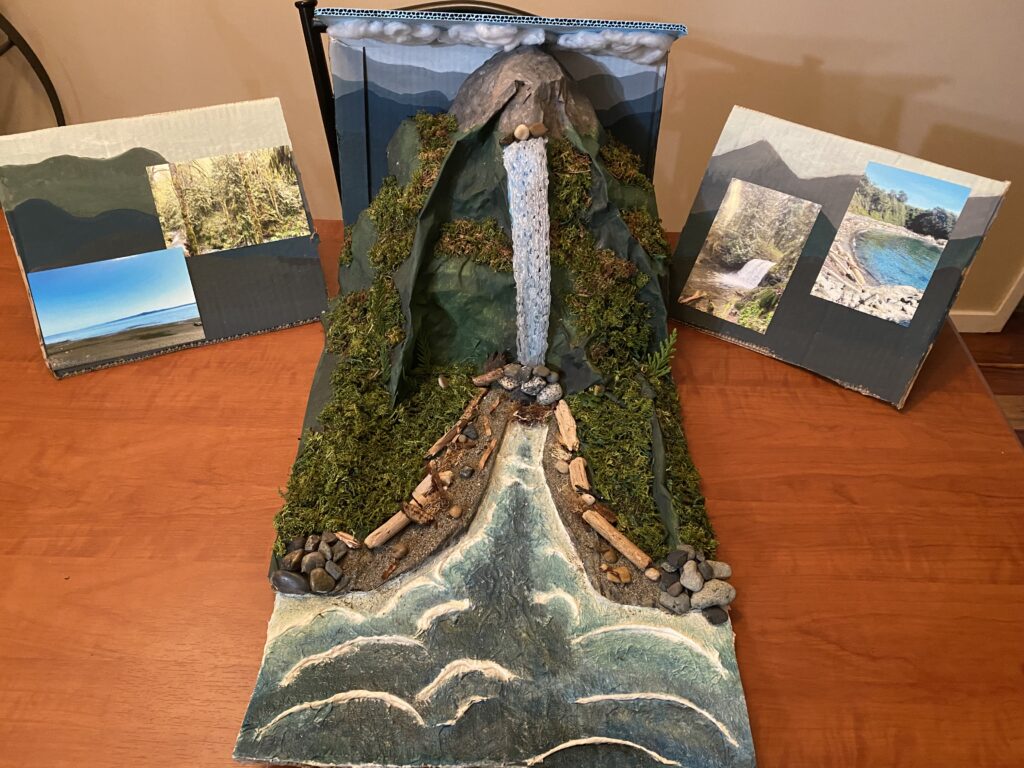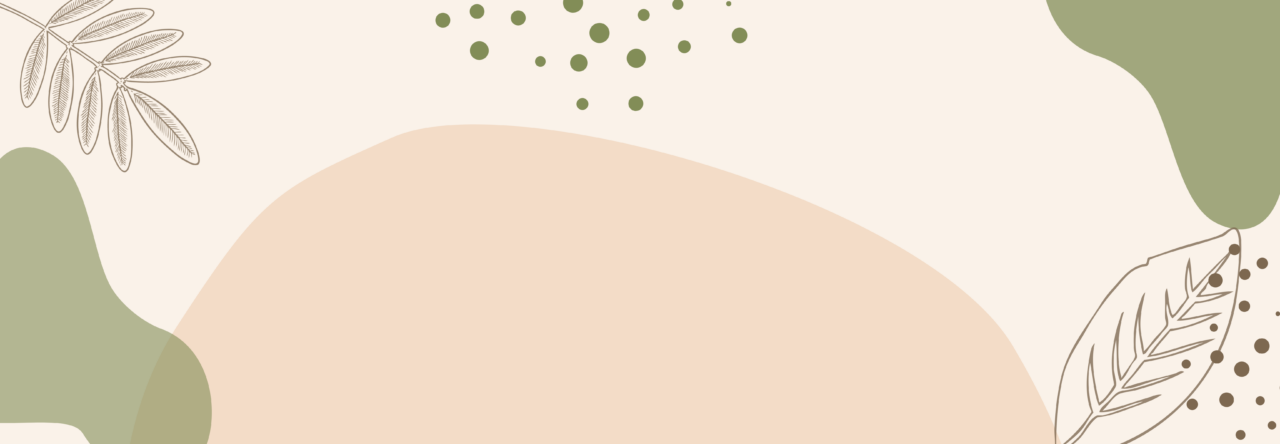Reciprocity, Relationships, and Respect
In Block 5, we presented our Educators 446 models to summarize our learning journey throughout the B.Ed program, inclusive of the 9 R’s and 9 Standards. My model is an analogy of the hydrological cycle taking place on the east coast of Vancouver Island. To me, this continuous cycle represents the learning journey and the knowledge being shared from the teacher to their students and vice versa. The natural phenomenon of the water cycle depends on the continued reciprocity between water and land, just as learning cannot take place without a strong foundation embedded in reciprocity, relationships, and respect between students and their teachers. I have a deep connection with this model, as it also represents my sense of place. This area is where I was born and raised, and where I was taught a respect for the land and the ocean as it is an essential part of the natural environment and the resources it provides for communities. Throughout making this model, I’ve reflected on the Coast Salish Indigenious communities that have resided on this coastline for centuries before me, and how their practices preserved the land so that it almost appears untouched. The practices of many Indigenious communities of respecting the land, and taking only what resources you need, is an important practice that I want to share with my students in hopes of passing on the appreciation, respect, and love of the natural environment that I have gained throughout my life.

Future Classroom Use
In my future classroom, I hope to use this model as a visual to support when teaching the science curriculum on the water cycle and water conservation, as well as beginning discussions about the importance of our environment and preserving natural resources. I also hope to use this as a visual to identify natural plant species found in the surrounding area, or as an example to have students build their own models. Additionally, the model poses conversations surrounding respect for the land, as well as respect for one another. I enjoyed getting outside of my comfort zone in creating this model, something I have never done before and appreciate the reflective experience!

Leave a Reply